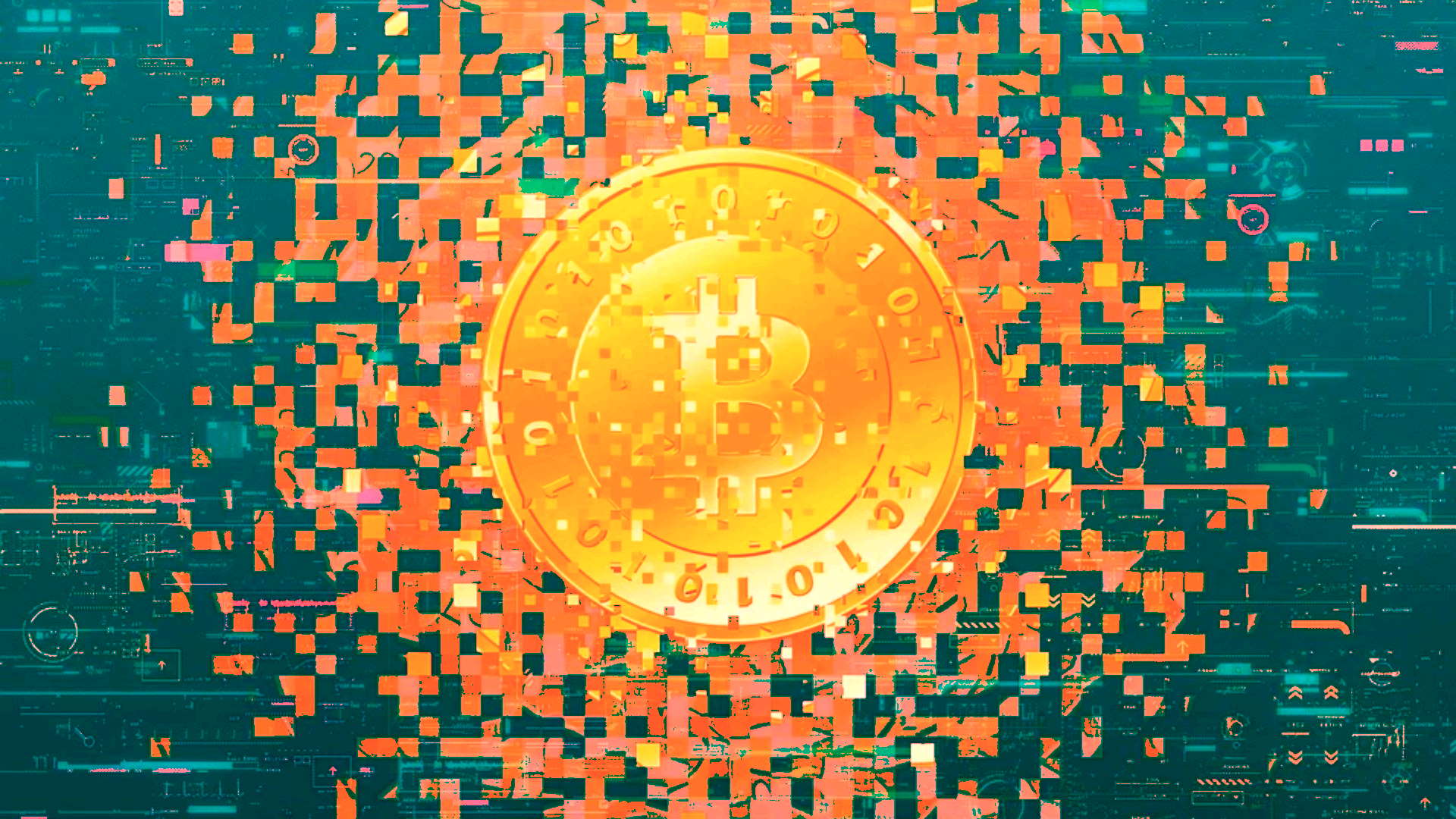US SEC begrudgingly approves Bitcoin trades but warns investors it's a 'speculative, volatile asset that's also used for ransomware, money laundering, sanction evasion, and terrorist financing'
Doesn't seem too happy about it.

The US Securities and Exchange Commission (SEC) has approved Bitcoin exchange-traded products (ETPs) following years of opposition—though not without stern warnings about the "myriad risks" of investing in cryptocurrency. The news was greeted with enthusiasm by crypto-lovers and has led to a minor spike in Bitcoin's value, with one Bitcoin being worth around $44,000 on 8 January and at the time of writing just over $47,000.
The approval relates specifically to 11 spot Bitcoin ETPs, asset portfolios which can be purchased by anyone from ordinary investors to 401(k)s to pension plans. This is for sure a big push into the investment mainstream, and comes after the SEC resisted various earlier efforts to approve Bitcoin trades because of the potential for fraud and market manipulation. This has led to various court cases between the SEC and crypto firms, most of which have gone against the SEC, a particularly notable example being last year's victory for Grayscale (a Bitcoin trading firm that wanted to offer an ETP) in which the ruling called the SEC's reasoning arbitrary.
The SEC's approval should therefore be seen as something of a begrudging one, and the statement issued alongside it does nothing to dispel that interpretation. "Though we’re merit neutral, I’d note that the underlying assets in the metals ETPs have consumer and industrial uses," said SEC Chair Gary Gensler, "while in contrast bitcoin is primarily a speculative, volatile asset that’s also used for illicit activity including ransomware, money laundering, sanction evasion, and terrorist financing.
"While we approved the listing and trading of certain spot bitcoin ETP shares today, we did not approve or endorse bitcoin. Investors should remain cautious about the myriad risks associated with bitcoin and products whose value is tied to crypto."
ETPs tend to be marketed as high-risk investments with the potential for big rewards, so this won't necessarily surprise anyone. The spot Bitcoin ETPs will be trading in Bitcoin throughout its myriad price fluctuations, but investors are betting on the performance of the overall package (ETPs themselves are traded on the stock exchange) which will include multiple other adjacent assets.
Perhaps most importantly for the average investor, none of this involves buying Bitcoin directly: So no dealing with the myriad of questionable crypto exchanges and no need for a crypto wallet.
The news was expected to cause a jump in Bitcoin value, though this happened pre-announcement thanks to the SEC mistakenly announcing the news early on X. Before the official announcement on January 10, the SEC's X account published a post announcing the news just after 4pm ET on January 9. Within 15 minutes it had been deleted and chair Gary Gensler issued a retraction claiming the account had been "compromised" and the tweet was "unauthorised" (hmm). Either way the cat was out of the bag.
The biggest gaming news, reviews and hardware deals
Keep up to date with the most important stories and the best deals, as picked by the PC Gamer team.
Bitcoin's current valuation of $47,200 is a way off its historical high in late 2021, when it peaked at one Bitcoin being worth around $65,000, but that high was swiftly followed by a collapse in value in 2022 (as low as $16,400) in what was generally an awful year for crypto. Bitcoin is the first and remains the most famous cryptocurrency, and its performance is intimately linked to fluctuations in the wider industry (not least because many other crypto assets try to link themselves to Bitcoin).
It is fair to say, however, that we've travelled a long way from the ideals of Satoshi Nakamoto, the nom de plume of Bitcoin's unknown creator. Bitcoin was announced to the world in 2008 alongside a white paper setting out the idea of a decentralised financial system where people dealt with each other directly without the need for middlemen and financial institutions. Companies like Blackrock frenziedly trading Bitcoin bundles on the US stock exchange ain't exactly that.

Rich is a games journalist with 15 years' experience, beginning his career on Edge magazine before working for a wide range of outlets, including Ars Technica, Eurogamer, GamesRadar+, Gamespot, the Guardian, IGN, the New Statesman, Polygon, and Vice. He was the editor of Kotaku UK, the UK arm of Kotaku, for three years before joining PC Gamer. He is the author of a Brief History of Video Games, a full history of the medium, which the Midwest Book Review described as "[a] must-read for serious minded game historians and curious video game connoisseurs alike."

